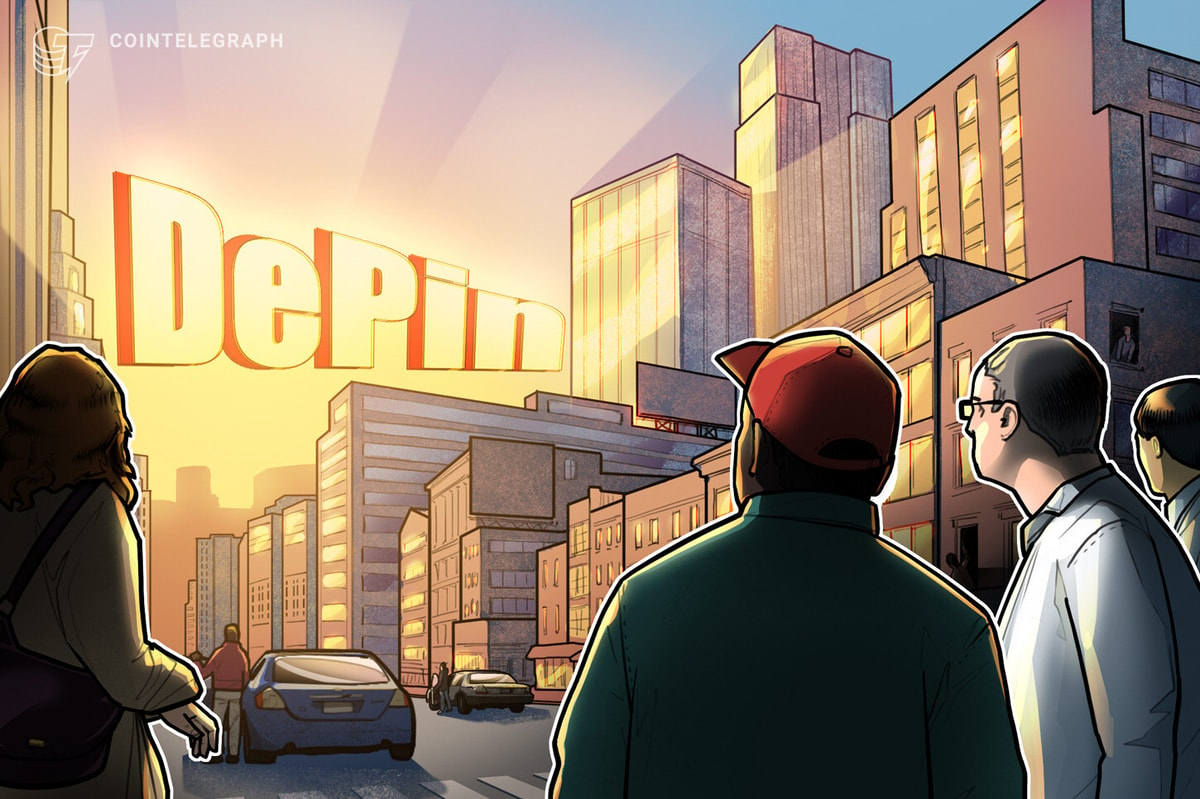According to data from CoinMarketCap, the decentralized physical infrastructure network sector has a market capitalization of over $27 billion.
News
Decentralized physical infrastructure networks (DePIN) must overcome the lack of a cohesive narrative to reach mass adoption, Movement Labs co-founder Rushi Manche told Cointelegraph in an interview.
The Web3 executive said DePIN has so many diverse use cases, many of which are highly technical, that it is often difficult to pitch projects to the general public or achieve product-market fit.
Despite this, the sector’s future remains bright, Manche said, citing US President Donald Trump’s pro-crypto policies as a reason for optimism.
“Tokens being issued in the United States would be a huge thing, and I think Trump was talking about it in the last few weeks,” Manche told Cointelegraph.
DePIN is one of the crypto sectors that venture capitalists are eyeing in 2025 as anticipated regulatory clarity on digital assets comes to the United States and previous restrictions are lifted.
DePIN tokens narrative performance in 2024. Source: CoinGecko
Related: Tokenizing infrastructure and the need for stronger regulation in DePIN
DePIN: The most diverse sector in crypto?
Decentralized physical infrastructure networks feature broad, diverse use cases that encompass everything from telecommunication networks to automotive data collection and cloud storage.
Helium is a decentralized telecommunication and wireless network that aims to disrupt traditional communication services and expand wireless coverage to dead spots.
In July 2024, Helium Mobile released its first post-roadmap update and announced expanded coverage, increased compatibility with third-party hardware, and telecom interoperability pilot programs.
This article first appeared at Cointelegraph.com News

